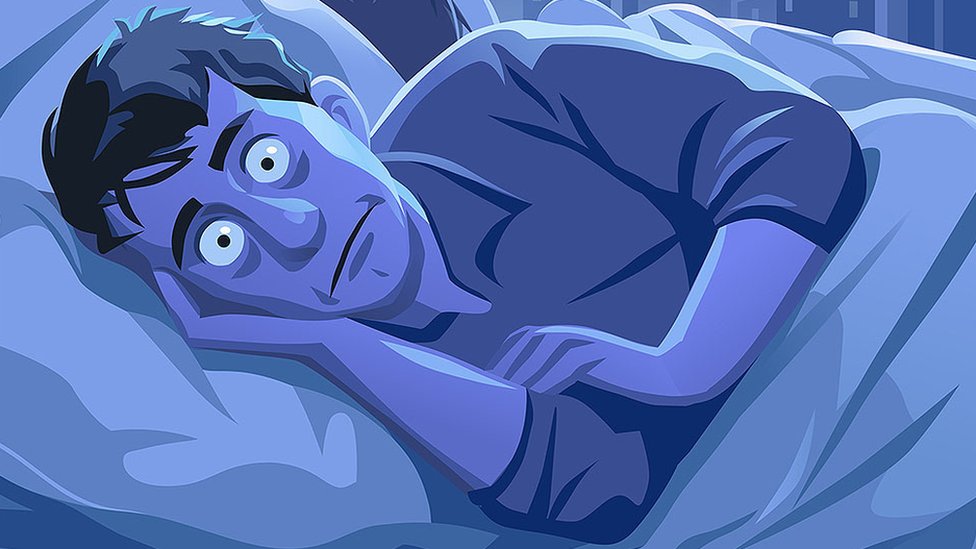
Top 5 Causes of Insomnia and How to Treat It
Insomnia is a common sleep disorder that strikes millions of people worldwide. It prevents sleep onset, maintains wakefulness throughout the night, or accomplishes sleep with inadequate quality, thus causing sleep deprivation and diminished quality of life.
Based on different causes for insomnia, triggers must be identified to effectively manage the condition. Whether by stress, an underlying health condition, or poor sleep habits, knowing the root first is a move toward better sleep. Here are the top five causes of insomnia and their treatment strategies.
Treating Causes of Insomnia
Stress and Anxiety
Stress and anxiety are two of the most common causes of insomnia. The reason is that when worries or stressors are racing in your mind, you cannot relax and fall asleep. Stress leads to the secretion of certain hormones such as cortisol, which keeps the body alert and awake. It can also create anxiety about sleeping, which thereby creates a cycle of worry and sleep loss.
How to Treat?
Cognitive Behavioral Therapy for Insomnia is very effective in the management of stress-related insomnia. It helps change the negative notions about sleep and educates in relaxation techniques, such as deep breathing or mindfulness exercises. Maintaining a bedtime routine that promotes relaxation will also help manage stress before bed.
Poor Sleep Habits
Poor sleep hygiene, such as inconsistent sleep schedules, watching the screen at night, and consuming stimulants such as tea or coffee, is another major cause of insomnia. Using any electronic devices late at night subjects an individual to blue light, which blocks the release of melatonin, and thus it becomes hard to sleep.
How to Treat It?
For insomnia, good sleep hygiene is very important. As much as possible, the same time should be scheduled both for sleep and rising time. Stimulants like alcohol and caffeine must not be taken close to bedtime, and some pre-sleep calming routine that minimizes the use of screens is required.
Chronic Pain and Illness
Arthritis, fibromyalgia, or other causes of back pain can prevent the ability to settle down and subsequently fall asleep. GERD or asthma can be uncomfortable during the night, thus making one fail to sleep.
How to Treat It?
The first step for better sleep is to manage the underlying medical condition: For example, one must change the medication and physiotherapy of the patient or use some specific pillows and mattresses to help the patient sleep properly. In the case of pain-induced insomnia, a person can practice some relaxation techniques or apply over-the-counter pain relievers.
Medications and Substances
Other drugs, like some drugs used to treat depression, beta-blockers, and amphetamines, can interfere with the sleep pattern. It is also stated that such general agents as nicotine and alcohol excite the nervous system and spoil the demand for sleep at a later time of the night.
How to Treat It?
Sleep advice should also include advice from your physician on medication that can be contributing to insomnia. The dosing times can be modified or changed to alternatives that have fewer sleep-related side effects. Abstinence from nicotine and alcohol is also helpful, particularly before bedtime.
Environment
The environment in which you sleep is very influential to your falling asleep and staying asleep. Noisy, too light, and inappropriate temperatures of the environment could also serve as a number of factors for insomnia. Other factors, including an inconvenient mattress and pillow, may also provoke sleepless nights.
How to Treat It?
Optimise your bedroom for rest. Use blackout curtains to block out light sources, earplugs or even a white noise machine to rule out disturbing sounds, and maintain the room at an ideal temperature. Quality mattresses and pillows can be a big difference in how comfortable your sleep is.
There are various causes of insomnia, most of which can be controlled and effectively treated. Whether it is stress management, sleep hygiene, pain control, optimization of your medication, or sleep environment, proactive measures for these will help you regain restful sleep.
If you continue to have problems with insomnia beyond this point, you then need to consult a health professional for further assessment and some form of treatment.
Also, see:
Top 10 Warning Signs of Vitamin Deficiency You Should Not Ignore







